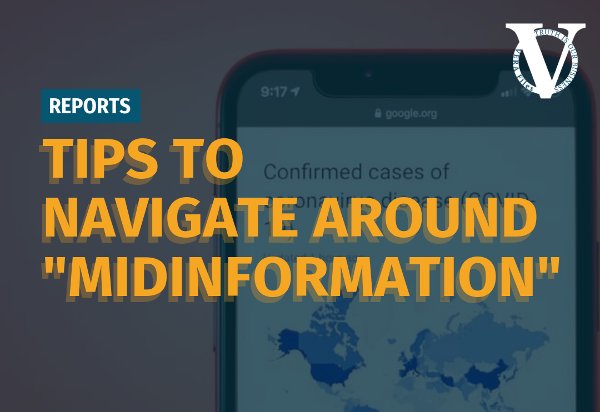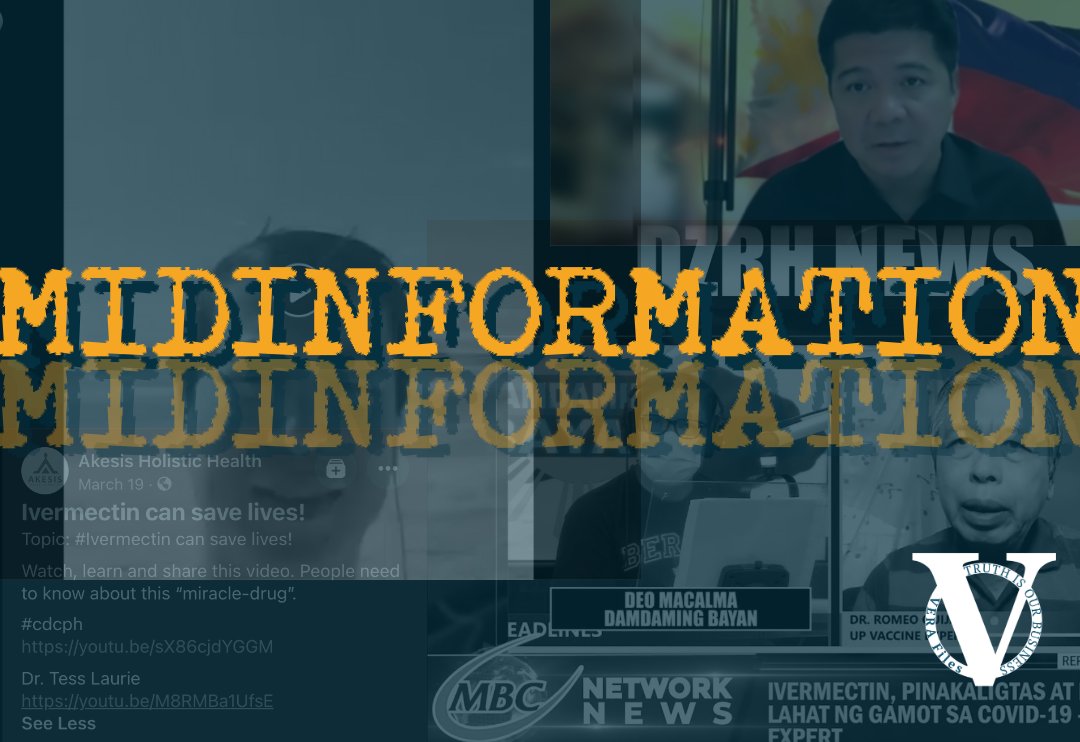Ambiguity in information, especially during the time of a pandemic, can be overwhelming.
VERA Files Fact Check spoke to a local infectious disease expert Marissa Alejandria and public health experts Christin Gilmer and Nat Gyenes from global technology nonprofit Meedan who shared these tips to navigate through uncertainty in health information.
Tip 1: Always get up-to-date information.
Midinformation is usually based on knowledge gaps that can be filled with inaccurate or even dated information. Solid scientific evidence is helpful but it usually takes time and is continuously evolving.
Several health authorities such as the World Health Organization and the Philippine Society for Microbiology and Infectious Diseases maintain a “living” guideline on the management of COVID-19 “based on the best evidence available in scientific literature as of the time of its formulation.” Their recommendations are regularly updated, and new advice will be added as the evidence evolves.
Tip 2: Check the source of the information, and check what their reason is for pushing out that information.
Check the source, check what they say, and consider the reasons they have for being truthful or not. Does it benefit them or not? Sometimes, those who share information might be selling things, or trying to get things to go viral on social media so they are getting some benefit.
Amplify the voices of people who are proven to be trustworthy. These trusted sources help to drown out those that should not be given so much attention.
Tip 3: Observe language cues that are “emotionally-charged.”
Public health professionals rarely, if ever, use the term “breakthrough” especially to describe a situation with emerging evidence.
When reading content or looking for a piece of information, it is often those that are emotionally validating (for example: “The one reason why something is the case…”) which are more likely to influence your perspective on a topic.
Tip 4: Watch out for information that gives a false sense of security.
With drugs that still have insufficient evidence, avoid posts that create a false sense of security. For example, that when you take it, you are immediately “safe” and can abandon personal protective measures.
“When experts have conflicting opinions, it only means that the evidence is not convincing enough yet and therefore more work [needs] to be done to really convince everybody that this body of evidence is pointing to a particular direction,” said Gyenes.
Those people who are in positions of influence — scientists, public health institutions, infectious disease experts — really make sure that the evidence base is solid before they make any kind of recommendations to ensure that there is more benefit than there is potential for harm.
Understand the specific harms that a drug may cause, which can include physical symptoms and reactions. Relying heavily on other traditional medicines to the point that you are not able to receive care from a physician or you see them too late when they’re not able to provide proper care may also be detrimental to your health.
(This story was produced under a Health Fellowship program carried out by VERA Files with support from Facebook. Find out more about this project here.)

